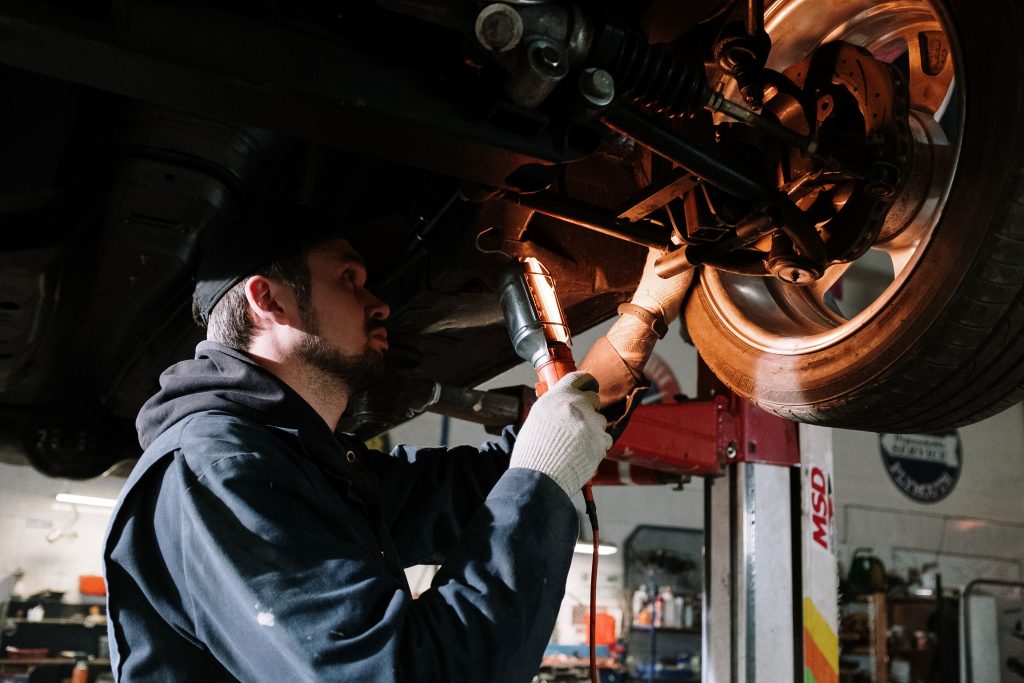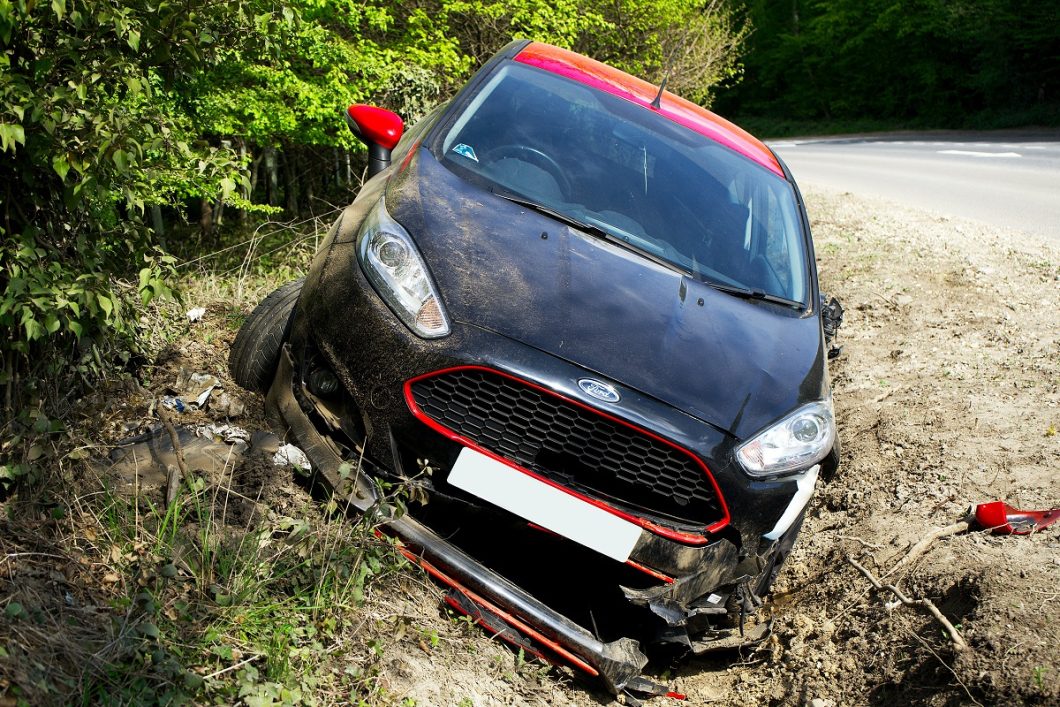In any accident prioritizing the health and the well being of you and your passengers should be at the top of your list. It is good to be aware of how to process car insurance claims due to the importance of your actions directly after an accident. Contact your insurance provider, sharing critical details including your policy information, accident report, and contact information. Collect evidence through photographs and witness statements, and complete the required claim forms. An insurance adjuster will then evaluate the damage, and if your claim is approved, the insurer will facilitate the necessary repairs or provide compensation. Stay engaged with your insurance company for updates and a smooth resolution. Below you will find the steps-

1. Safety and documentation: If you are involved in an accident, prioritize safety first. Ensure that everyone involved is safe and call emergency services if necessary. Then, gather information about the the incident, including the date, time, location, and contact details along with insurance information of all parties involved. Take photos or videos of the accident scene, the vehicles involved, and any visible damages
2. Notify your insurance company: Contact your insurance company as soon as possible to report the accident and initiate the claims process. Provide them with all the relevant details, such as the accident description, the names of the drivers involved, and any available policy information. If the other party is at fault then submitting a claim with the other carrier may expedite your settlement, especially if your company is not responsive to your submitted claim.
3. Police report: Depending on the severity of the accident, you may need to file a police report. In some jurisdictions, this is a legal requirement. Cooperate with the authorities and obtain a copy of the police report for your records.
4. Insurance claim forms: Your insurance company will provide you with claim forms or guide you through the claims process. Fill out the required information accurately and provide any supporting documentation, such as the police report, photos, and contact information of witnesses, if any.
5. Damage assessment: The insurance company may assign an adjuster to evaluate the damages to your vehicle. The adjuster may inspect your vehicle in person or review the documentation and photos you provide. They will assess the cost of repairs or, in some cases, determine if the vehicle is a total loss.
6. Repair process: If the damages can be repaired, you can choose a repair shop or select from a list of preferred providers suggested by your insurance company. Coordinate with the repair shop and authorize them to start the repairs. The insurance company may need to approve the repair estimate before work begins.
7. Claims investigation: The insurance company will investigate the claim to determine liability and assess coverage. They may review the details of the accident, gather statements from involved parties, and analyze any available evidence. This investigation helps them determine the amount they are willing to pay for the claim.
8. Rental car assistance: If your policy includes rental car coverage, the insurance company may provide you with a rental vehicle while your car is being repaired. Be sure to understand the rental terms and limitations set by your policy.
9. Claim settlement: Once the investigation is complete, the insurance company will make a settlement offer based on their assessment of liability, coverage, and damages. If you agree to the offer, the insurance company will issue a payment to cover the repairs or the actual cash value of your vehicle if it is considered a total loss.
10. Deductible and finalizing repairs: If your policy includes a deductible, you will be responsible for paying that amount before the insurance company covers the remaining costs. After paying the deductible, the repair shop will proceed with the necessary repairs. It’s important to review the repairs and ensure they meet your satisfaction before taking possession of the vehicle.
Summary: Remember, how to process car insurance claims can vary depending on your insurance company, policy coverage, and the nature of the accident. It’s crucial to carefully review your insurance policy, communicate clearly with your insurance company, and seek guidance from a claims professional or attorney if needed. If the claims process did not meet your expectations you can always communicate your issue here at: Claims Avenger and if you feel your claim result was not as expected then you should look closer at the process at our Claims Avenger DIY.
Others have found help here:
https://www.forbes.com/advisor/car-insurance/car-accident-insurance-claim/

